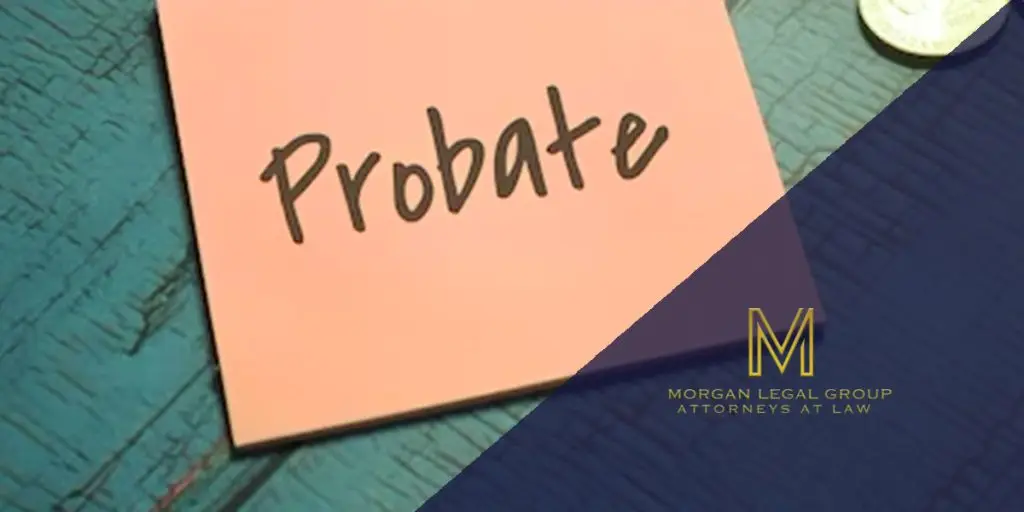All about Probate in NYC
Probate is a legal process that occurs after someone passes away. In New York City, NY, the probate process is governed by specific laws and regulations. Understanding how probate works in this jurisdiction is essential for individuals and families dealing with distributing a deceased person’s assets.
What is Probate?
Probate is the court-supervised process of validating a deceased person’s will if one exists, and overseeing the distribution of their assets to beneficiaries. If the deceased person did not leave a will, the court will follow the laws of intestate succession to determine how to distribute the assets.
The Probate Process in New York City
The probate process in New York City involves several key steps:
1. Filing the Petition
The probate process typically begins with filing a petition in the Surrogate’s Court of the county where the deceased person resided at the time of their death. The petition seeks to admit the will to probate and appoint an executor or administrator to oversee the estate.
2. Notifying Heirs and Beneficiaries
Once the petition is filed, the court will issue citations to notify heirs and beneficiaries about the probate proceedings. They can contest the will or raise objections if they believe it is invalid.
3. Reviewing the Will
The court will review the will to ensure it meets all legal requirements. The court will admit the will to probate if there are no issues.
4. Appointing an Executor
If the deceased person left a will, the court will appoint an executor named in the will. If no will or executor is named, the court will appoint an administrator to handle the estate.
5. Identifying and Valuing Assets
The executor or administrator is responsible for identifying and valuing the deceased person’s assets, including real estate, bank accounts, investments, and personal property.
6. Paying Debts and Taxes
Before distributing assets to beneficiaries, the executor or administrator must pay the deceased person’s outstanding debts and any applicable estate taxes.
7. Distributing Assets
Once debts and taxes are settled, the remaining assets are distributed to the beneficiaries according to the terms of the will or intestate succession laws.
8. Closing the Estate
After all assets are distributed, the executor or administrator will petition the court to close the estate. The court will issue an order discharging the executor or administrator from their duties.
The Costs of Probate
Probate can be associated with various costs, including court, legal, and appraisal fees. These costs can vary depending on the complexity of the estate and the involvement of attorneys and other professionals.
How Long Does Probate Take?
The duration of the probate process in New York City can vary widely depending on factors such as the complexity of the estate, whether there are any disputes and the court’s caseload. In some cases, probate can be completed in a matter of months, while more complex cases may take a year or longer.
Should You Avoid Probate?
Some individuals explore ways to avoid probate, such as using trusts or making lifetime gifts. While avoiding probate can have certain benefits, weighing the pros and cons carefully is essential. Probate ensures a structured and legal process for asset distribution, which can help prevent disputes and ensure that the deceased person’s wishes are followed.
Consult with Probate Professionals
Suppose you are dealing with the probate process in New York City. In that case, it’s advisable to consult with experienced probate attorneys and professionals who can provide guidance and help navigate the legal requirements effectively.
At Morgan Legal Group, our team of probate attorneys in New York City has extensive experience in handling probate matters. We are here to assist you throughout the probate process and ensure that your interests and those of the deceased person’s estate are protected.









